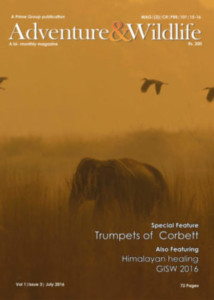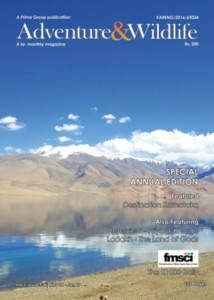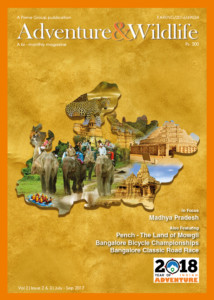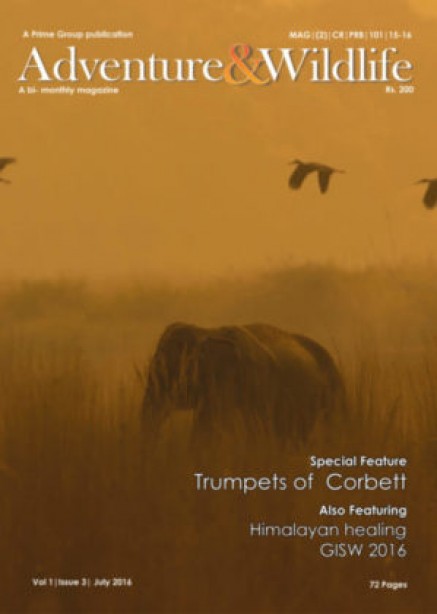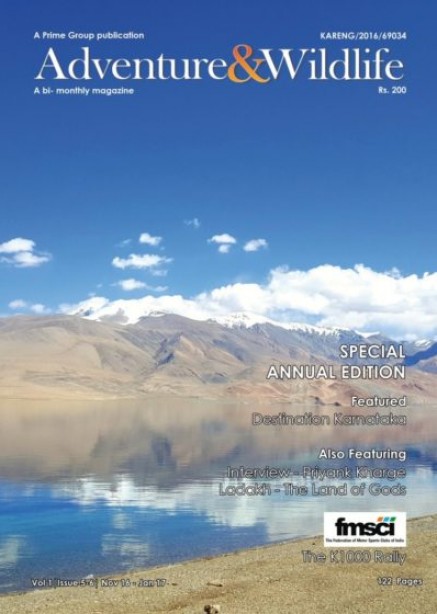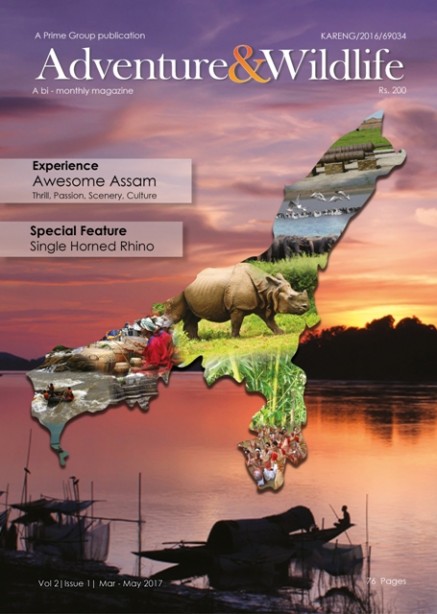
Assam Forest Department learn new skills to crack wildlife cybercrime
Assam, India, February 2019—This week forest officials in Assam received training on monitoring online wildlife crime, and how to apply appropriate investigation tools and techniques to counter it.
With over 2,000 Greater One-horned Rhinoceroses Rhinoceros unicornis and over 100 Royal Bengal Tigers Panthera tigris in Kaziranga Tiger Reserve and many other threatened wildlife species, the state of Assam is undoubtedly an international biodiversity hotspot.
However due to these extremely rich bio-resources, the State also remains a prime target of wildlife poachers, smugglers and traders who have now extended their nefarious activities to cyber space.
To counter this avenue for wildlife crime, TRAFFIC in partnership with the National Tiger Conservation Authority (NTCA), Police Radio Training School (PRTS), Indore and WWF-India organised a cybercrime monitoring workshop in Kaziranga Tiger Reserve attended by 30 forest officials from five Wildlife Divisions—Eastern Assam, Nagaon, Bishwanath, Mangaldoi, and Sonitpur.
It was the second specialised training event held under a new “CyberCLAW” programme created by the four organisations to counter the growing network of poachers, traders, and illicit wildlife consumers exploiting the internet for wildlife crime.
The first workshop under CyberCLAW, for forest officials from Uttar Pradesh and Uttarakhand, was held in Corbett Tiger Reserve in December 2018.
During the Kaziranga workshop, officials learned about intelligence, investigation, and search and seizure techniques; communication device investigation; cybercrime scene management; digital intelligence collection; wildlife forensics; telecom surveillance and analysis.
The training was led by Mr Varun Kapoor, Additional Director General, Madhya Pradesh Police and Mr Afzaal Khan, Sub Inspector/In charge Technical Cell PRTS Indore.
Mr Kapoor said: “Monitoring of wildlife cybercrime has been fairly naïve in India with agencies generally employing traditional monitoring protocols. However, the online demand for wildlife commodities has led to a surge in poaching and illegal wildlife trade. Therefore, it has become imperative to understand and devise effective methods to monitor virtual markets to check for illegal wildlife trade taking place.”
Mr Akashdeep Baruah, IFS, Chief Conservator of Forest/Field Director Kaziranga Tiger Reserve said: “We thank TRAFFIC for leading on this issue and helping organise this unique workshop. For long periods we have felt the need to strengthen our cyber space monitoring skills and protocol and such workshops provide us with an opportunity to do so.”


